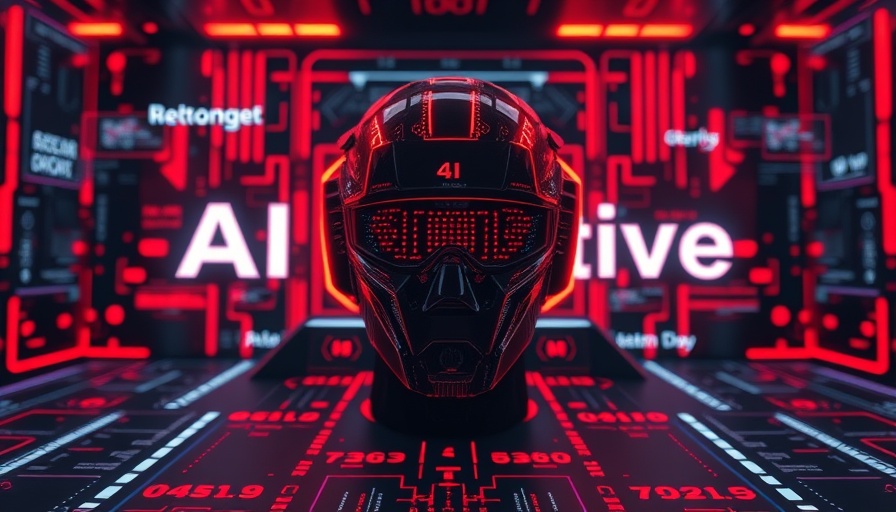
The Rise of General Purpose AI Agents
In recent times, general-purpose AI agents have taken center stage in the tech landscape, with applications ranging from automating mundane tasks to more complex deployments like software development and data analysis. The advent of tools like OpenAI’s ChatGPT and Abacus AI’s Deep Agent marks a significant leap in how we harness artificial intelligence for practical tasks.
In 'ChatGPT Agent Alternative: The Best AI General Agent Right Now that DO ANYTHING!', the discussion dives into the competition between ChatGPT and Deep Agent, exploring key insights that sparked deeper analysis on our end.
Comparing ChatGPT and Deep Agent: A Battle of Capabilities
The focus of recent analyses has been the showdown between ChatGPT and Deep Agent, each boasting the ability to handle tasks that traditionally required human intervention. While both agents perform admirably in generating content, their effectiveness can vary widely based on the complexity of the tasks. For example, in a PowerPoint generation challenge, Deep Agent not only completed its task first but also produced a more visually appealing presentation than ChatGPT.
Deep Agent's Edge in Real-World Applications
What really sets Deep Agent apart is its capability to link different functionalities seamlessly. In one test, it built a fitness application, integrating various tech stacks like frontends, backends, and AI logic, showcasing its ability to develop full applications autonomously in significantly less time compared to ChatGPT.
The Cost Factor: Price vs. Performance
When weighing the options, affordability can also be a decisive factor. While ChatGPT offers limited access with its Plus and Pro plans costing $20 and $200 respectively, Deep Agent comes at just $10 a month, providing a broader suite of productivity tools. This financial edge makes Deep Agent an appealing choice for startups and tech enthusiasts looking to maximize their budget while still tapping into powerful AI capabilities.
The Future of AI Agent Technology
The future for AI agents like these appears bright, but it will require continuous adaptation to keep pace with user needs and technological advances. As developments unfold, businesses will need to navigate ethical considerations surrounding AI usage and data privacy. This not only poses unique challenges but also opens up opportunities for further innovation in how AI interacts with human workflows.
Ultimately, while both agents have their strengths, the data suggests that Deep Agent may currently outperform ChatGPT in practical applications, excelling in both speed and depth of processing. As we continue to explore these advanced tools, it’s essential to remain informed about their implications in various industries and their potential ethical ramifications.
In conclusion, AI agents are transforming our expectations of productivity and automation. With rising competition in this space, users are urged to consider their specific needs and choices carefully to benefit fully from these advancements.
 Add Row
Add Row  Add
Add 




Write A Comment